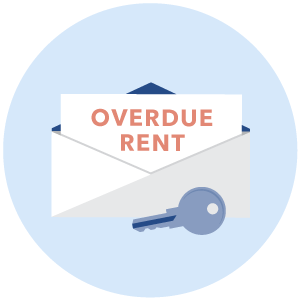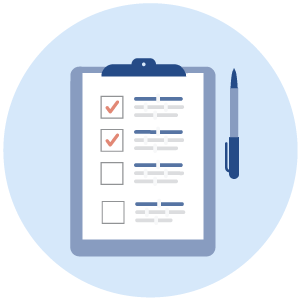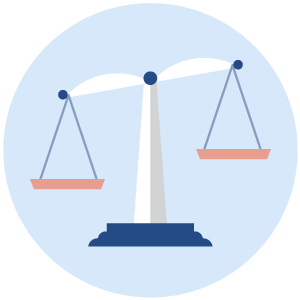Help for renters
- English
- Español
If you’re having trouble making rent payments, you’re not alone.
Find out what you can do to get help with housing expenses and avoid eviction.
On this page you will find resources for:
What to do if you're struggling to pay rent

If you’re having trouble paying for rent and utilities, you’re not alone.
- Get help paying rent and bills
- Get year-round help with utility bills by contacting your local Low Income Home Energy Assistance Program (LIHEAP) office or calling the National Energy Assistance Referral Hotline at (866)-674-6327
Talk to your landlord about a repayment agreement
In addition to applying for rental assistance, now may be the time to start a conversation with your landlord if you're struggling to pay your full rent each month or need to repay past due rent.
How to avoid scams
Scammers are targeting people who are looking for rental assistance.
Find resources to help you prevent, recognize, and report scams
If you're worried about eviction or have lost your home

We can help you understand what next steps to take, based on your situation right now.
What to look out for before you apply for new rental housing
Many landlords use a tenant screening report to help them decide whether to rent to you, and how much to charge you for a security deposit.
Find out if you have more protections

As a renter, you have local, state and federal rights. Some may help you stay in your home and postpone eviction.
Talk to a local expert
This can be a lot to navigate. There are local experts who can help, for free, or at a low cost.
Legal help
If your landlord is threatening to evict you, or you need help understanding your rights, talk to a lawyer. You may qualify for free legal aid, based on your income.
Take advantage of free housing help
If you’d like help from a local expert, contact the Department of Housing and Urban Development (HUD)’s housing counseling program.
Call 800-569-4287 or find a housing counselor
